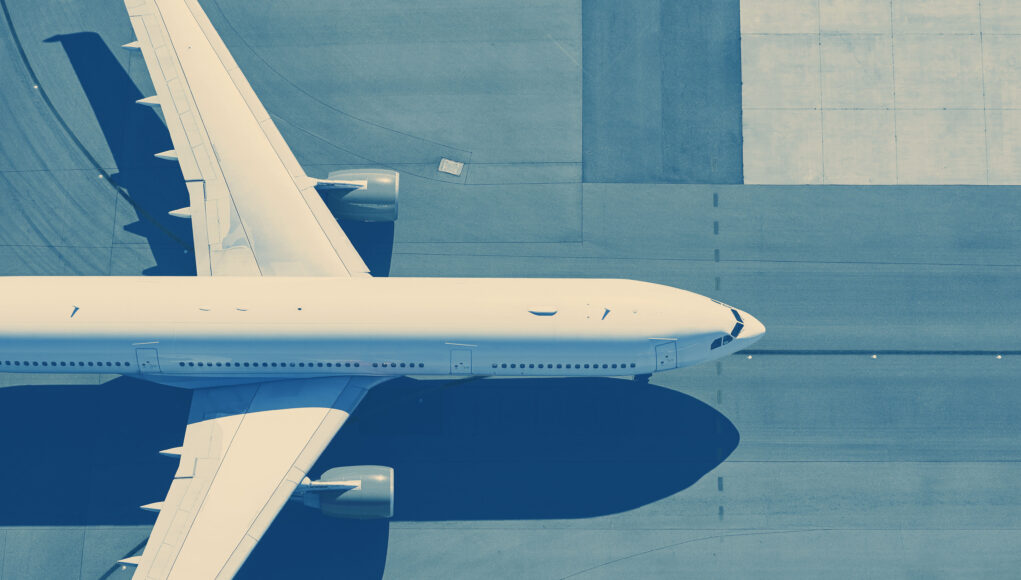OTTAWA, May 18, 2022 — As travellers arriving at Canada’s international airports continue to experience extensive delays, the National President of the Customs and Immigration Union (CIU) is calling upon the Minister of Public Safety and the Canada Border Services Agency (CBSA) to increase the number of border services officers assigned to passenger operations in Canadian airports and alleviate the pressure on both airport personnel and travellers.
“It is absolutely irresponsible of the federal government to let the situation stand as it is” said Mark Weber, CIU National President. “These delays are a source of frustration for all and contribute to the considerable overcrowding of already busy airports. I urge Minister Mendicino and CBSA to increase the number of border officers and review the infrastructure in place in order to speed up the processing of travellers.”
This situation was foreseeable: Over the past decade, the number of officers assigned to passenger operations has decreased dramatically. At present, at Toronto’s Pearson International Airport alone, CIU estimates that fewer than 300 officers are active in the passenger operations section — nearly half of the number needed to process inbound travellers in a timely manner, and far less than were present just six years ago. This is not unique to Toronto either, with both Vancouver and Montreal facing similar staffing issues.
“The reality is that even with the eventual lifting of current public health measures, significant delays will likely persist, not only due to the critical shortage of officers in most border operations across the country, but also due to an over-reliance on inefficient technologies” explained Mark Weber, adding that the union estimates that an officer can process a traveller twice as fast as the automated Primary Inspection Kiosks.
During busy times, such kiosks also take away valuable space from travellers waiting to go through customs, causing an overflow of travellers outside of the customs area. In addition, many have noted that the new ArriveCan application makes the process more complex for travellers, adding to already substantial delays. While both these technologies may have their role to play, they are no substitute for the expertise of a trained officer, undermining in many ways the security of the country.
Ultimately, it should come as no surprise that there are significant delays in inbound traveller operations when few officers are assigned to primary inspection, with many booths remaining empty at peak times. With travel resuming in force, the situation is likely to worsen, and the primary solution is to ensure that enough border officers are available to process travellers at all major international airports in Canada.





